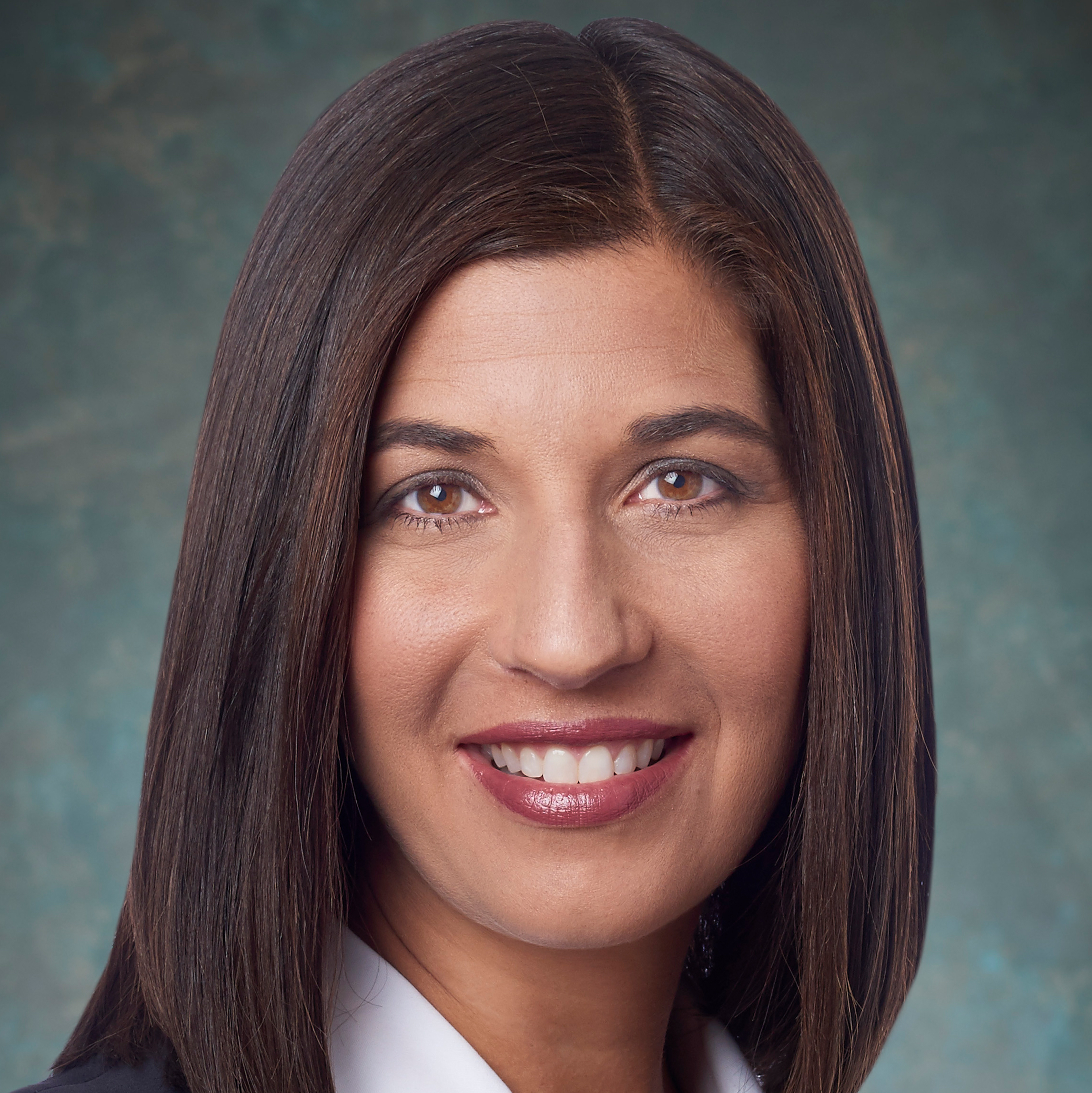Title IX revisions released Wednesday by the Trump administration give college students accused of campus sexual assault or harassment new rights to have live hearings and cross-examine their accusers.
The new rule—which goes into effect on Aug. 14—for the first time defines sexual harassment as unlawful sex discrimination, said a statement released by U.S. Secretary of Education Betsy DeVos.
The new rules require colleges and universities to take every survivor’s claim of sexual misconduct seriously and, at the same, ensure that “every person accused knows that guilt is not predetermined,” the statement said.
“Too many students have lost access to their education because their school inadequately responded when a student filed a complaint of sexual harassment or sexual assault,” DeVos said in the statement.
“This new regulation requires schools to act in meaningful ways to support survivors of sexual misconduct, without sacrificing important safeguards to ensure a fair and transparent process,” she continued. “We can and must continue to fight sexual misconduct in our nation’s schools, and this rule makes certain that fight continues.”
Time to revise sexual misconduct policies

Higher education legal experts say the rules narrow the scope of the conduct covered by Title IX.
“The most impactful change is the requirement that all higher education institutions conduct a live hearing including cross-examination conducted by the other party’s advisor,” Kathryn Nash, a higher education attorney at Lathrop GPM, told University Business. “That requirement applies to the resolution process for complaints of sexual harassment, sexual assault, domestic violence, dating violence, and stalking and to processes involving students or employees.”
The new rule will require many institutions, particularly private schools, to significantly overhaul their sexual misconduct policies and procedures.
For example, many private institutions do not offer live hearings. Even at institutions that already use a hearing model, the new procedures will require additional training for personnel and to students, Nash said.
“Because of the number of new requirements and the level of detail provided in the new rules, it will take institutions a significant amount of time to get comfortable with the new legal requirements,” Nash said. “In addition, despite the level of detail, there is always room for interpretation and institutions will inevitably find themselves in situations that are not clear or straightforward under the new rules.
New Title IX stirs controversy
Know Your IX, a survivor- and youth-led advocacy group, blasted the new rule, saying it “guts student survivors’ rights and tips the scales of school sexual misconduct cases in favor of perpetrators.”
“The final rule makes it harder for survivors to the report sexual violence, reduces schools’ liability for ignoring or covering up sexual harassment, and creates a biased reporting process that favors respondents and schools over survivors’ access to education,” Sage Carson, manager of Know Your IX, said in a statement. “All this as students struggle to find housing, keep up with online classes, and pay rent as the unemployment rate soars.”
According to Know Your IX‘s analysis, the new rule permits colleges and universities to ignore sexual assault that occurs outside of a school program (such as in off-campus housing); requires schools to only investigate the most serious forms of harassment and assault; and lets schools use an unregulated “mediation” process rather than a full investigation.
According to the Department of Education, key provisions of the new rule, which has the force of law, include:
- Defines sexual harassment to include sexual assault, dating violence, domestic violence, and stalking, as unlawful discrimination on the basis of sex.
- Requires schools to offer clear, accessible options for any person to report sexual harassment
- Empowers survivors to make decisions about how a school responds to incidents of sexual harassment
- Requires the school to offer survivors supportive measures, such as class or dorm reassignments or no-contact orders
- Holds colleges responsible for off-campus sexual harassment at houses owned or under the control of school-sanctioned fraternities and sororities
- Restores fairness on college and university campuses by upholding all students’ right to written notice of allegations, the right to an advisor, and the right to submit, cross-examine and challenge evidence at a live hearing
- Shields survivors from having to come face-to-face with the accused during a hearing and from answering questions posed personally by the accused
- Requires schools to select one of two standards of evidence, the preponderance of the evidence standard or the clear and convincing evidence standard—and to apply the selected standard evenly to proceedings for all students and employees, including faculty
- Provides “rape shield” protections and ensures survivors are not required to divulge any medical, psychological, or similar privileged records
- Requires schools to offer an equal right of appeal for both parties to a Title IX proceeding
“It marks the end of the false dichotomy of either protecting survivors, while ignoring due process, or protecting the accused, while disregarding sexual misconduct,” Assistant Secretary Kenneth L. Marcus of the Office for Civil Rights said in the statement. “There is no reason why educators cannot protect all of their students—and under this regulation there will be no excuses for failing to do so.”

